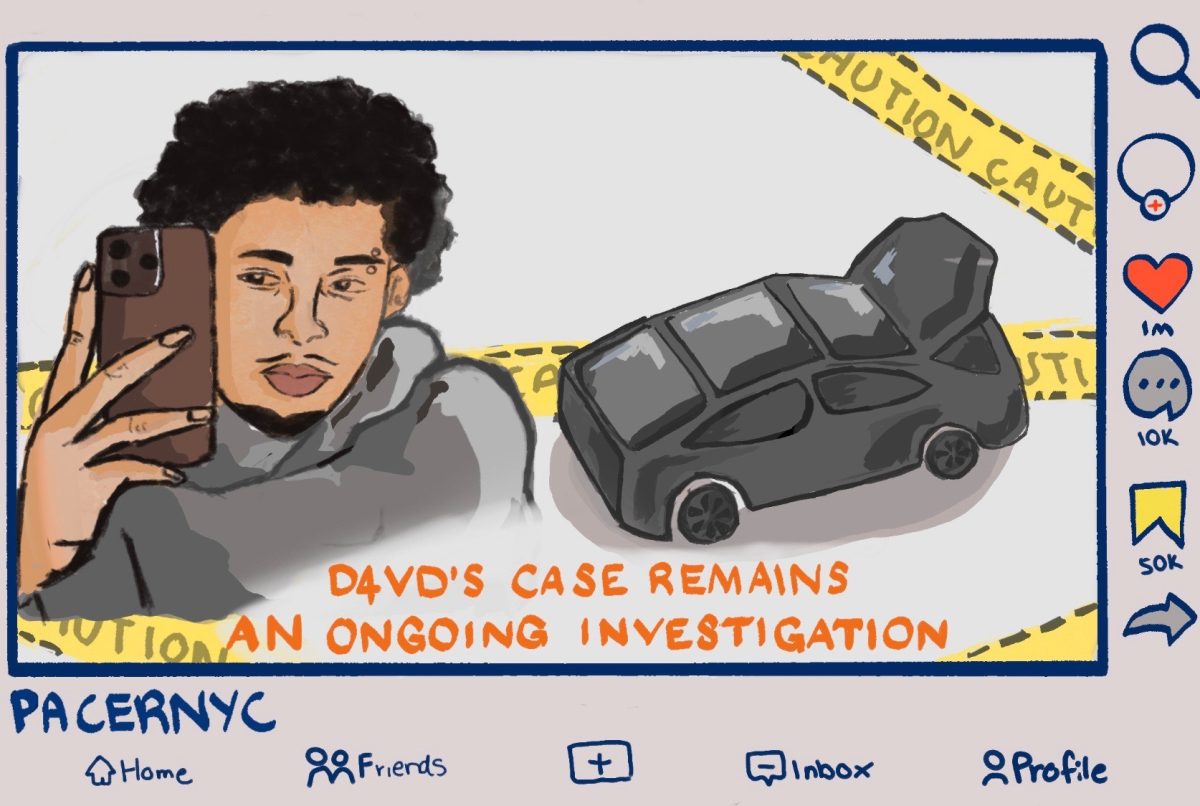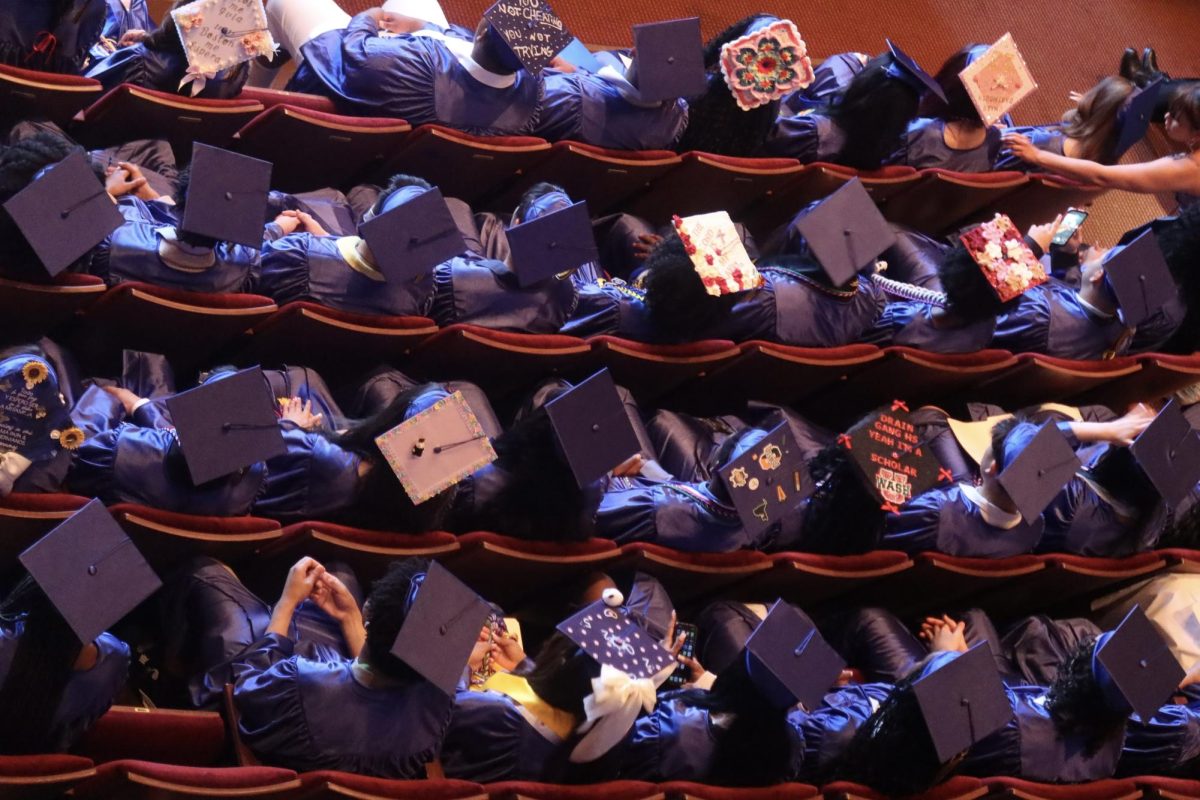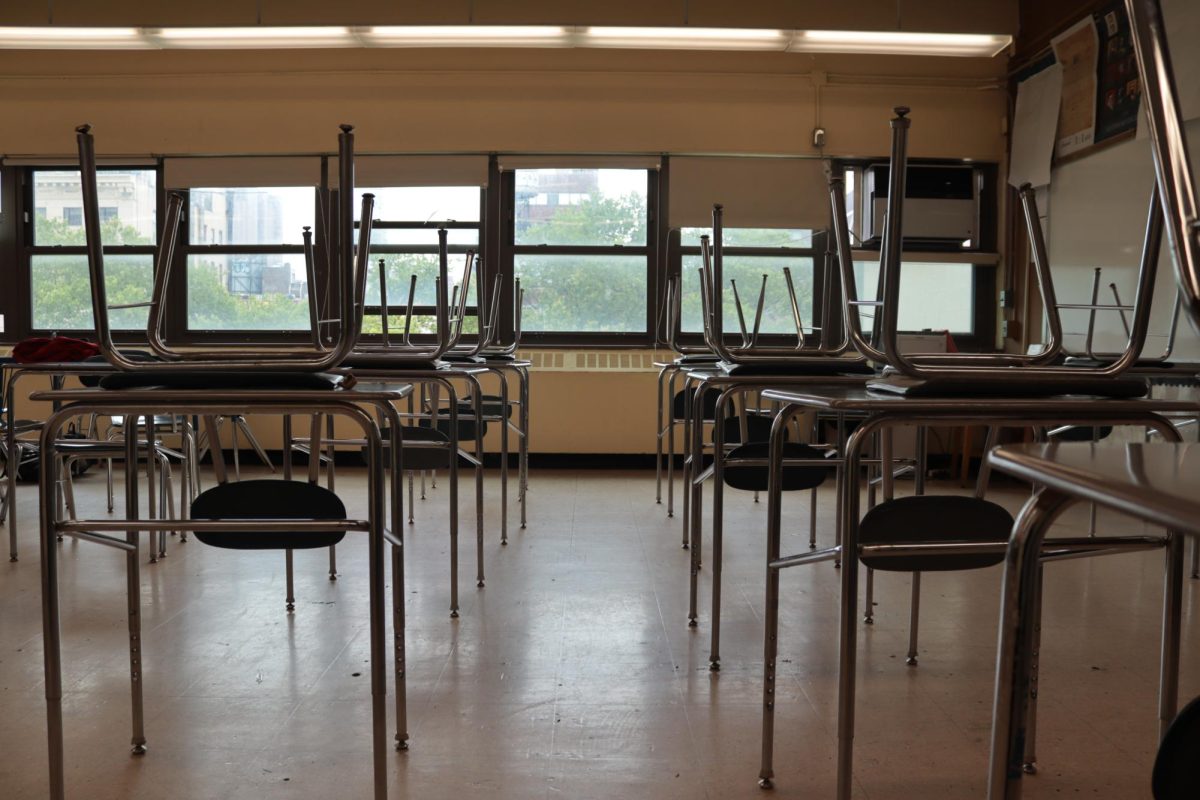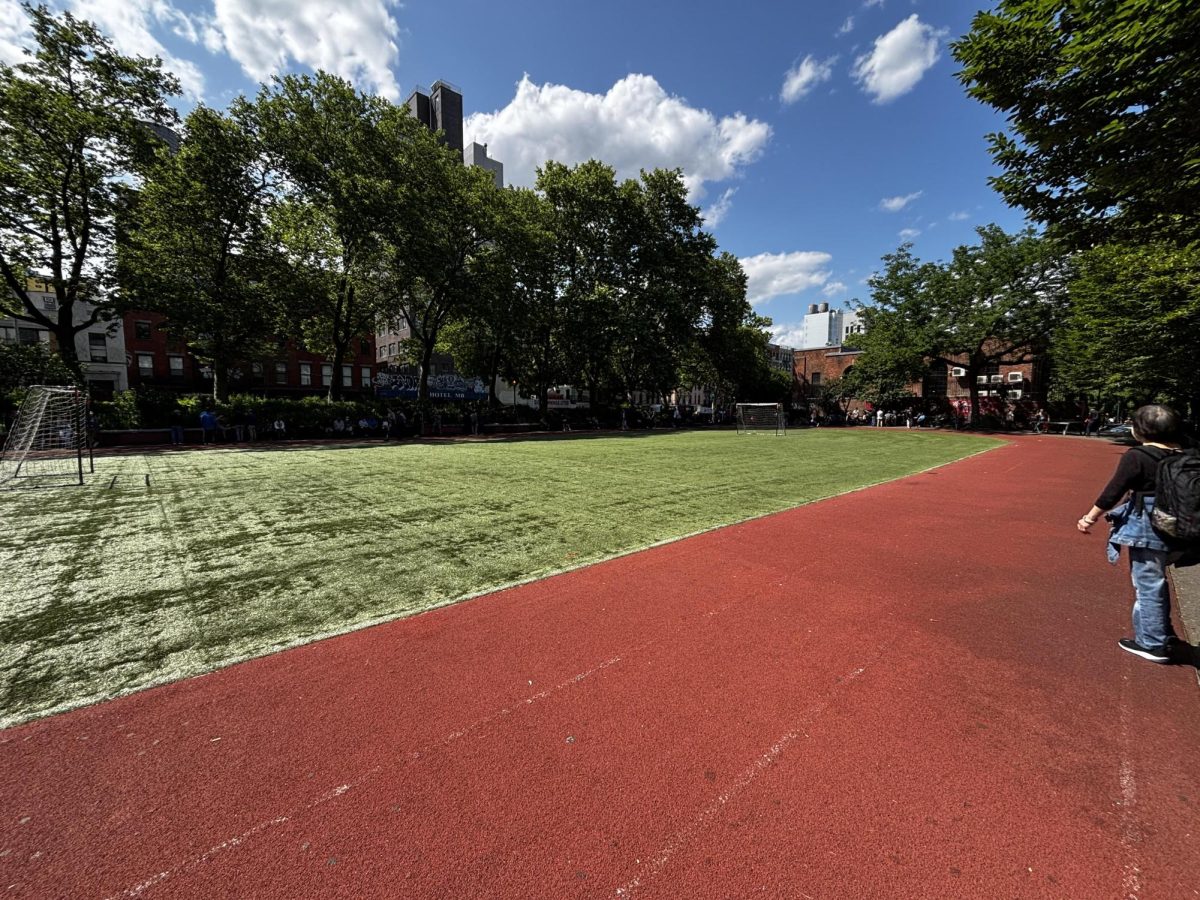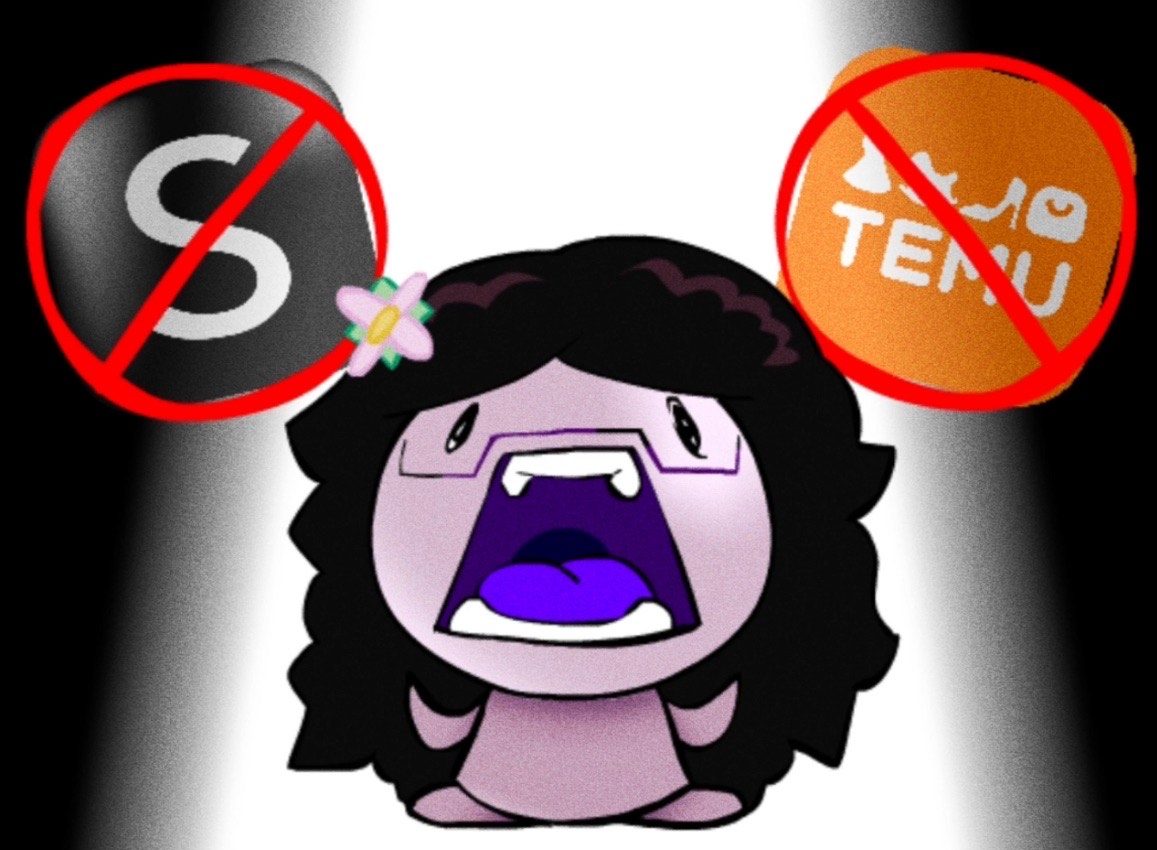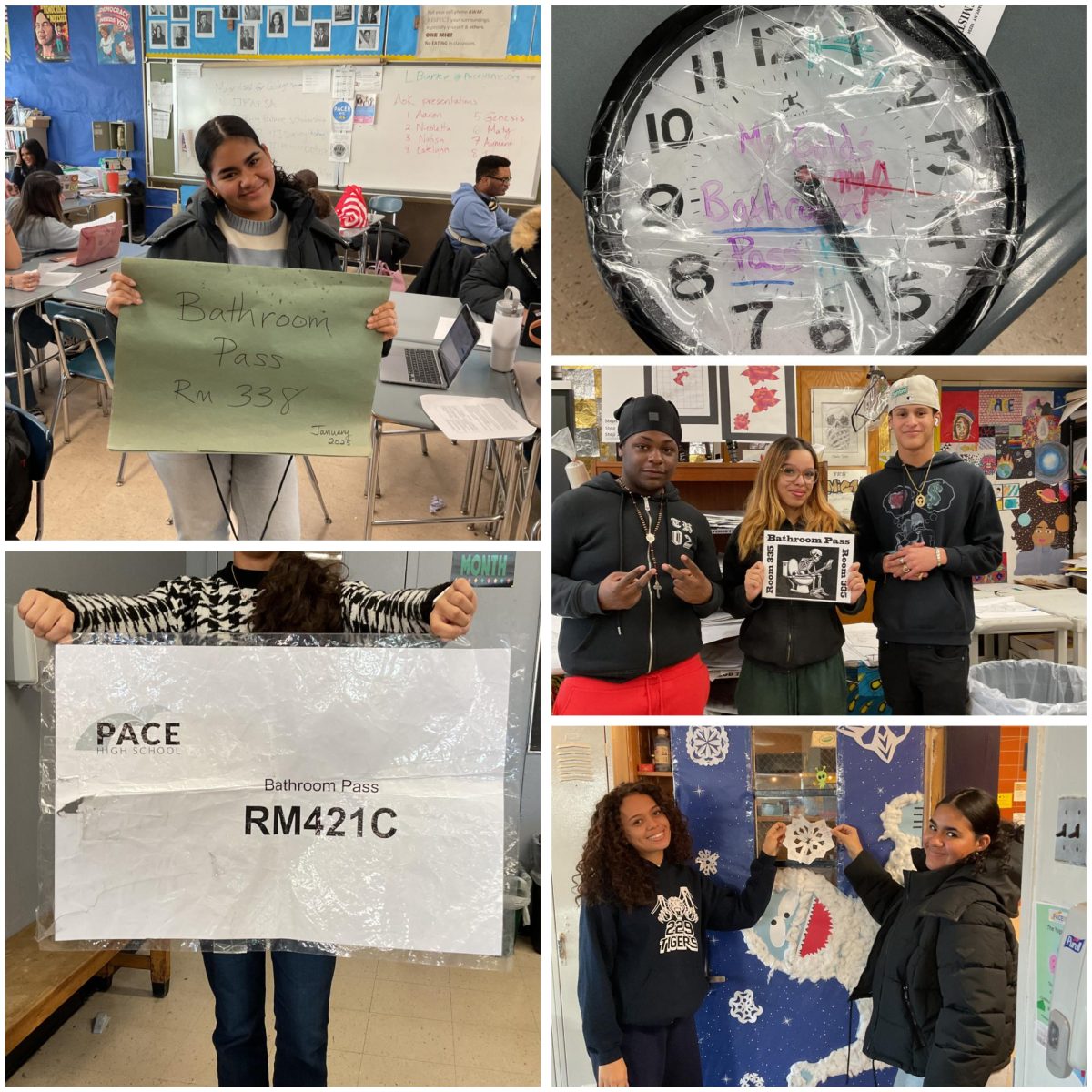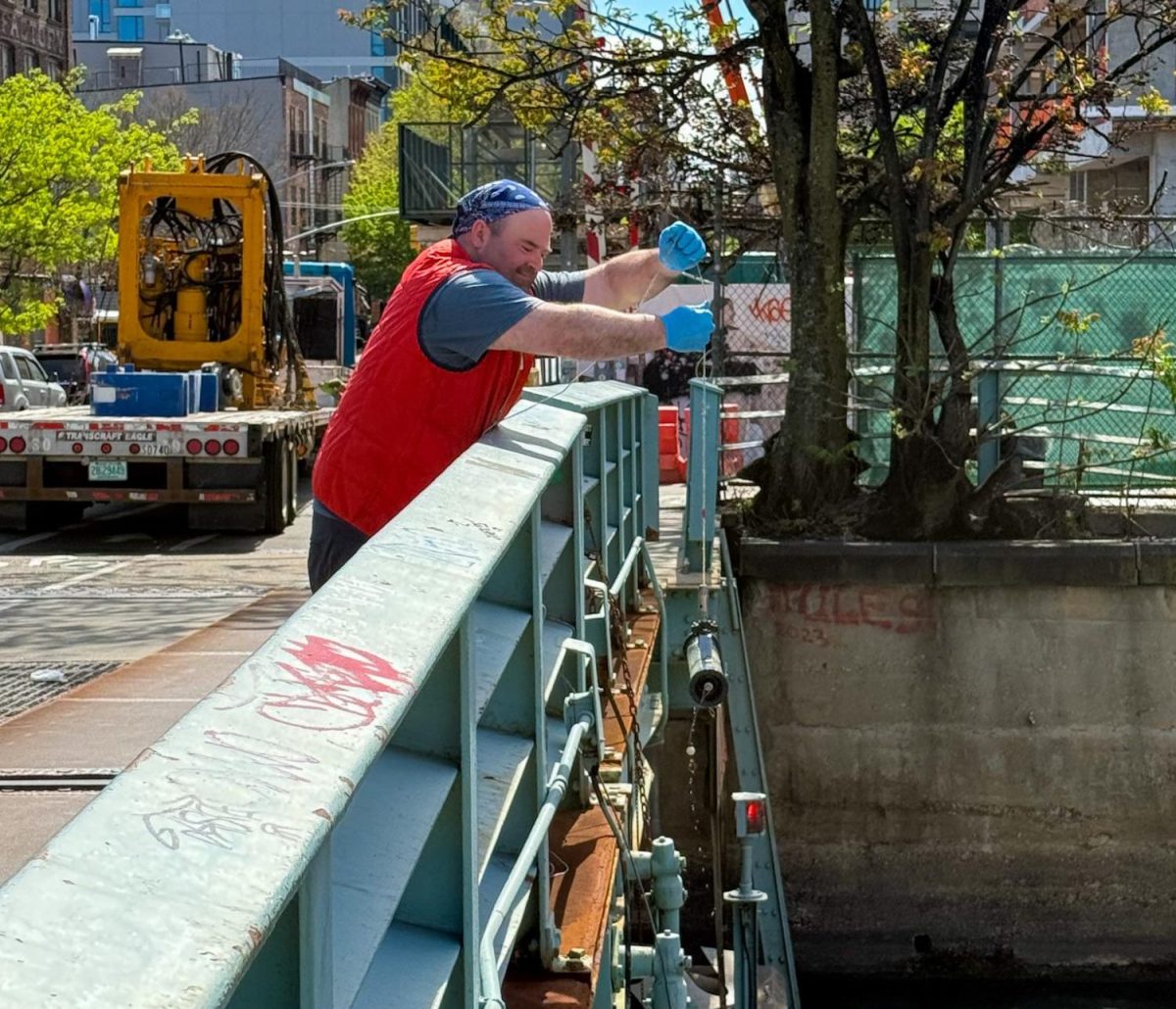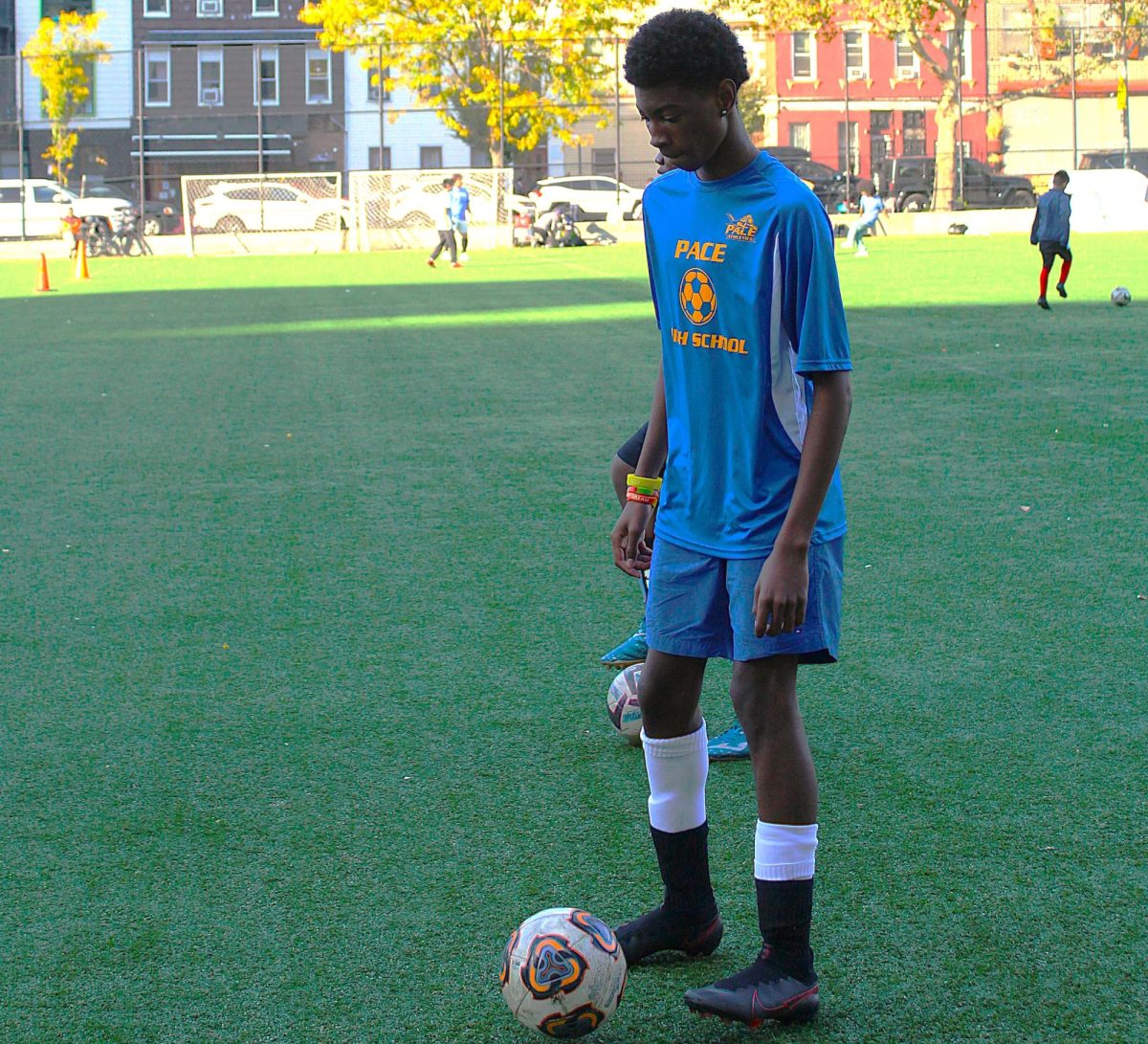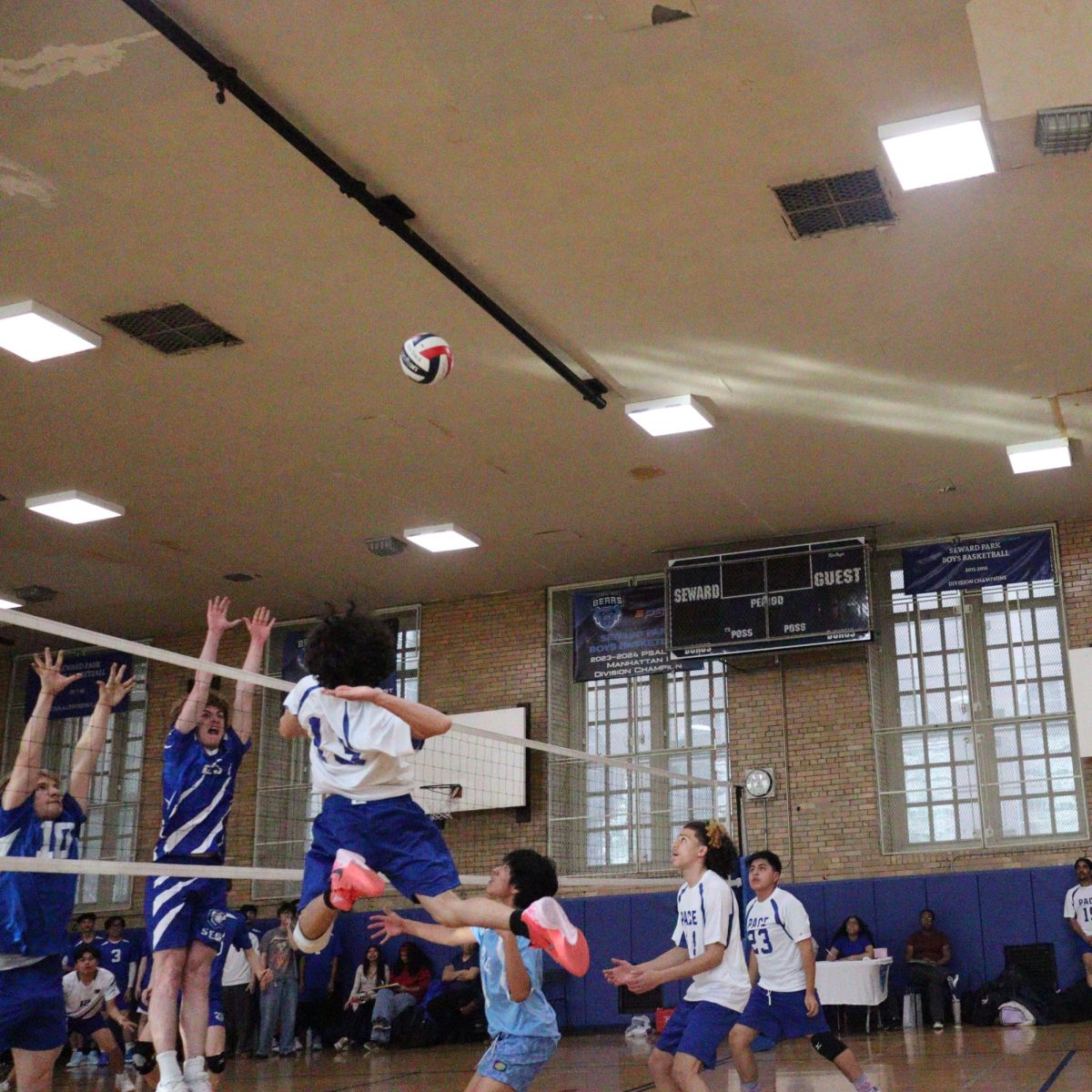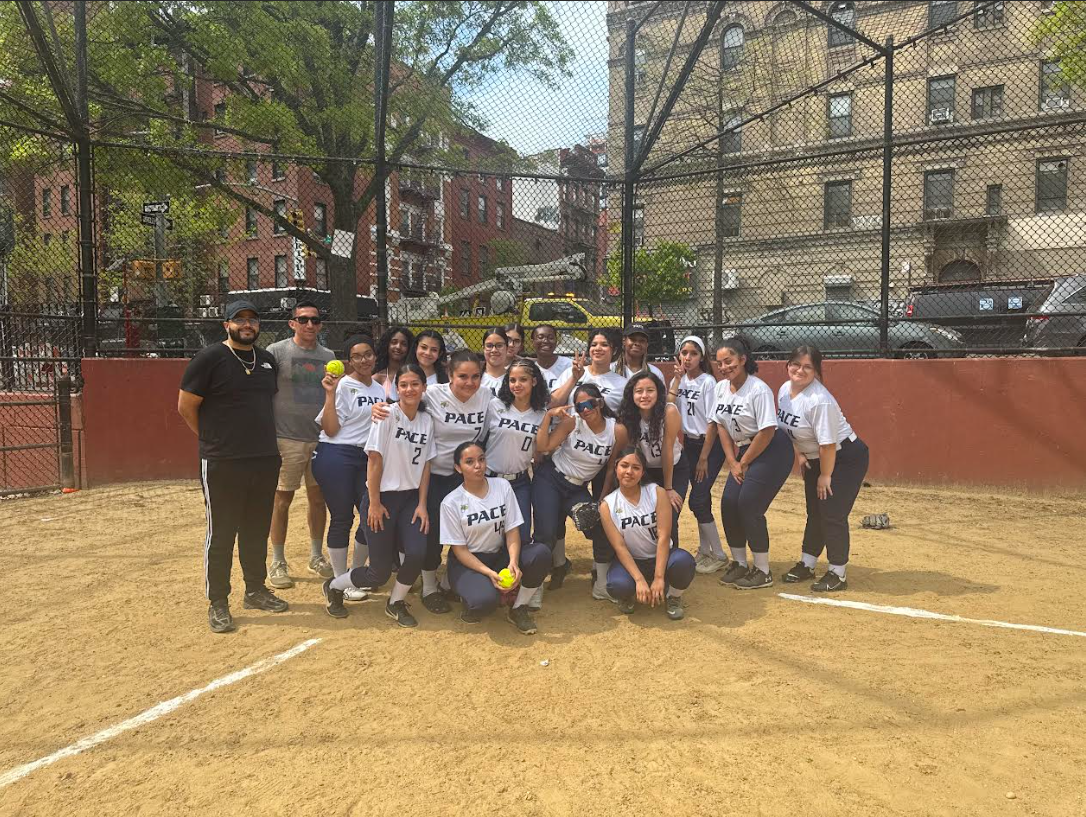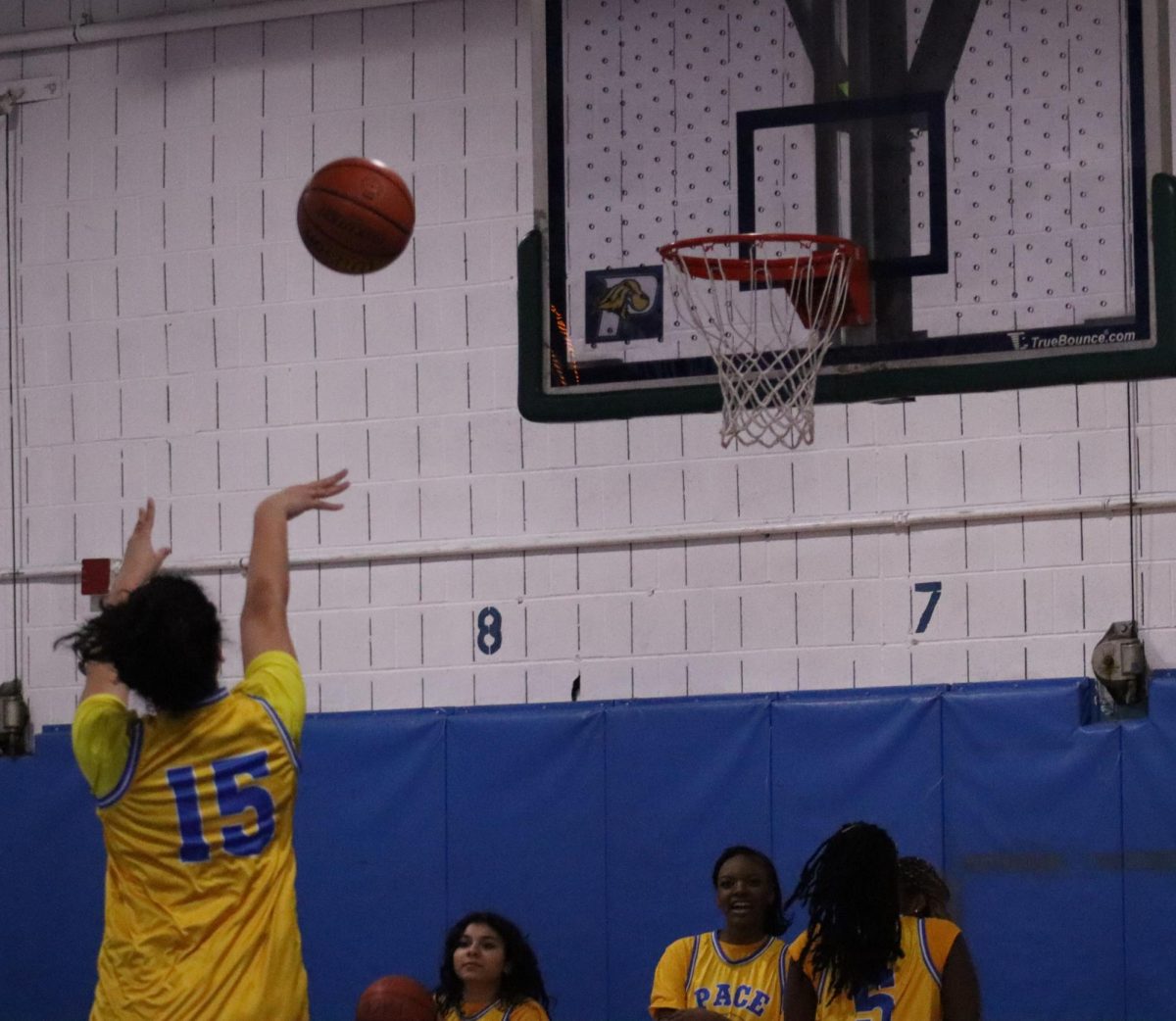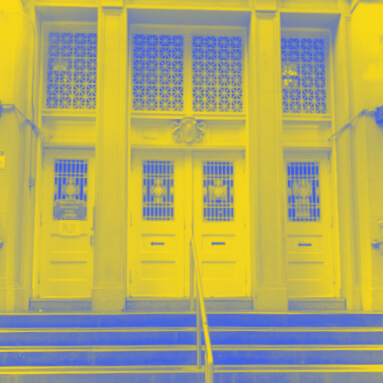
For many kids at Pace, night school offers an opportunity for students who are behind on their credits to get back on track for graduation. This option, recommended by the school’s guidance counselor Ms. Garcia, gives an alternative path for students who have faced challenges in classrooms.
Through the YouthBuild Charter program, students attend evening classes to recover credits that may have been failed in their early high school years.
Jonathan Casellas, a senior, shared his experience of falling behind in school. “I just couldn’t keep up with my assignments most of the time because I just couldn’t find them engaging,” he explained.
Tiyier McQueen, another senior, spoke about how his personal challenges also led to falling behind. “I have a hard time paying attention and staying on task,” he admitted.
These kinds of challenges are common among students who struggle to keep up with regular school hours, often leading to incomplete assignments and missed credits.
Students like Casellas attend night school two days a week for a single period to make up for a missed class, but the program can be more intense. Classes can stretch out from Monday through Thursday from 4:30 p.m. to 8:30 p.m., recovering a total of four credits.
Although attending night school is important for the students enrolled, the setting is noticeably different from the atmosphere at Pace. Casellas described it as less friendly, with people focused solely on catching up on their work.
“A lot of people don’t want to be there,” he said. McQueen expressed a similar situation. “The atmosphere in the night school feels more like a jail,” he said. “Real school feels like you got friends, but night school is just like you literally walk from one corner to the next, and there’s nothing to do.”
Despite the challenging environment, night school has had a positive impact on both Casellas and McQueen in terms of their personal growth and future goals.
Guidance counselor Ms. Garcia plays a crucial role in helping students navigate the night school program. She has been recommending night school as a credit recovery option for two years, driven by the needs of students who were struggling to make up lost credits.
“Last year’s senior cohort was very credit-deficient, and we didn’t have enough in-house options to help them,” Ms. Garcia said.
Ms. Garcia pointed out that night school is particularly beneficial for students who have difficulty attending school early in the morning, a common issue among seniors and juniors. The flexibility of night school hours allows these students to recover credits at a pace that suits them better.
“Students want more engaging learning, and these types of programs offer interactive courses like cooking, CPR, and driver’s ed,” she said.
Despite its benefits, some students have hesitations about attending night school. Ms. Garcia acknowledged that many seniors were concerned about the long hours, but she encourages them to prioritize graduation.
“If they’re committed to graduating, that’s what they have to do,” she said.
Parents, too, often worry about the safety of students traveling late at night, and the guidance counselors try to select night school locations that are both safe and convenient.
McQueen offered advice to students considering night school but feeling unsure. “Just do it,” he said. “Honestly, it doesn’t feel that bad, it’s only hard to start. Once you start, you’ll get used to it.”
Night school offers a vital second chance for students who are behind on credits and need to catch up before graduation. While it presents challenges, such as long hours, a less-than-ideal atmosphere, and the balancing of school and recovery.
As Ms. Garcia puts it, “It’s all about being committed to graduating.” For students who make that commitment, night school is an important tool on the path to success.

